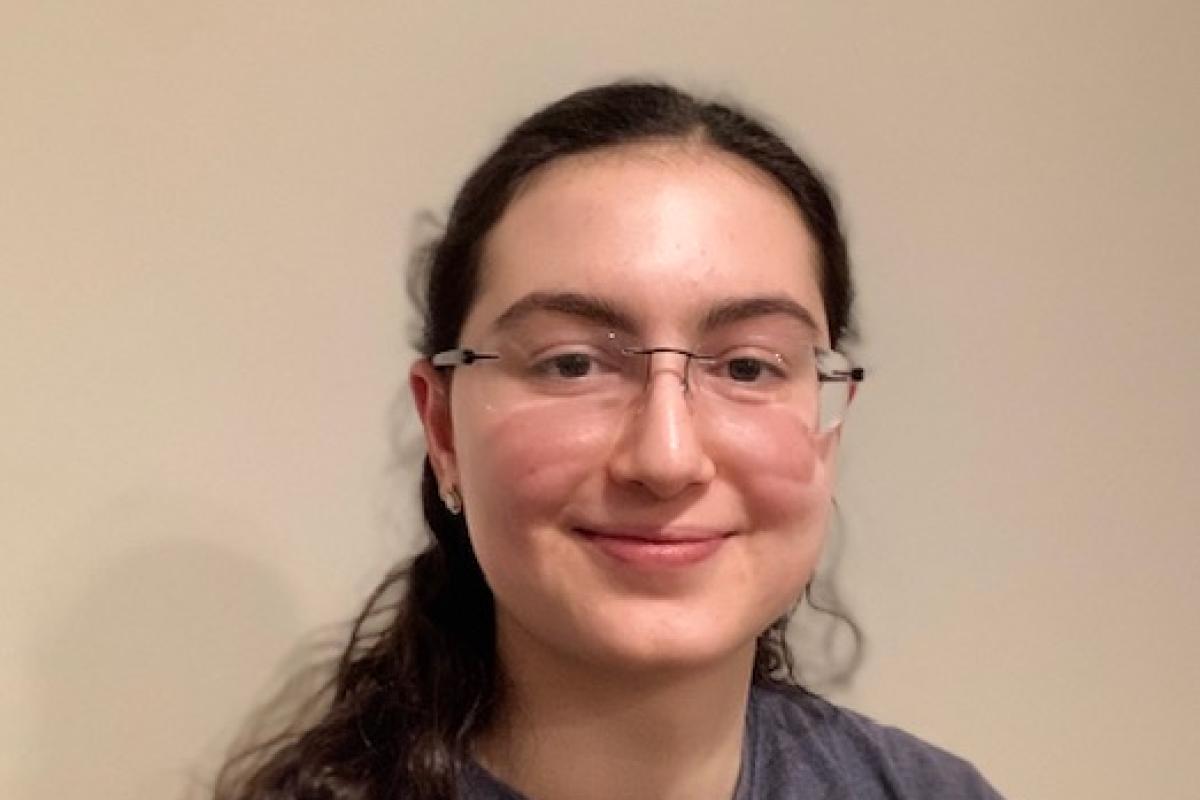During Summer 2022, Lena Maghraoui (Environmental Science, AB'25) served as a Pozen Center human rights summer intern at the World Commission on Environmental Law.
With support from the Pozen Center, she continued her internship during the academic year as a legal researcher and editor for the creation of a Judicial Handbook on Climate Litigation. She proofs and edits existing chapters and conducts outreach with prominent legal scholars and judges to build a team that reviews the material.
Lena also writes reports on recent and continuing cases in international and human rights law. Those attempting to hold the major carbon-emitting corporations accountable for their contributions to climate change often rely, at least in part, on human rights conventions and agreements. The handbook will serve as a guide for litigators and members of the judiciary to help advance the fight against climate change in courts around the world.
The Human Rights Internship Program is an opportunity for University of Chicago students to explore human rights in practice, supported by a flexible grant of $5,000. The yearlong program supports students as they search out and prepare for a full-time summer internship, then integrate that experience into the rest of their academic coursework. Human rights majors can fulfill the fieldwork requirement through their internship.
We asked Lena to reflect on her yearlong internship experience:
One of the most exciting features of the work is its timeliness. I think that legal work can sometimes feel very retrospective, looking back at cases that have already been decided and interpretations of law that have been fixed. There definitely was an element of that, but I was also analyzing judgments that had just come out a few weeks or even days ago, and seeing in them the active evolution of environmental law around the world.
The research I have done for the Handbook also inspired the topic I chose to study for my senior thesis. I encountered many cases from jurisdictions around the world, from Europe to South America to South Asia, where individuals and NGOs attempted to hold the major carbon-emitting corporations accountable for their contributions to climate change, and each of these cases relied in part, at least, on human rights conventions and agreements.
Not only did I not see similar high-profile cases coming out of the United States, I also saw no similar reliance on human rights in US environmental climate litigation.
This lack of influence by international human rights treaties is in part due to the legal and political culture within the US, where Congress refuses to ratify such treaties and thereby make them part of US law. This new knowledge has changed the way I understand how domestic cases against major emitting corporations can be argued and in which courts to ensure a successful, environmentally-favorable outcome.
- Learn more about the Human Rights Internship Program.
- Read about becoming a human rights major or minor.

